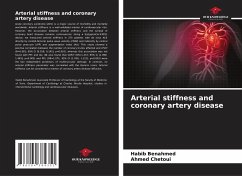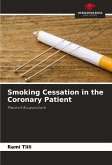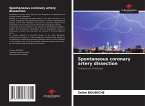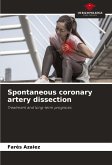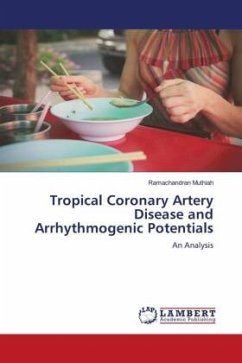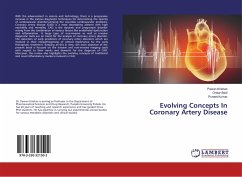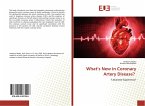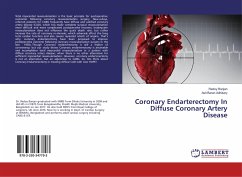Acute coronary syndrome (ACS) is a major source of morbidity and mortality worldwide. Arterial stiffness is a well-validated marker of cardiovascular risk. However, the association between arterial stiffness and the spread of coronary heart disease remains controversial. Using a SphygmoCor®XCEL device, we measured arterial stiffness in 275 patients with de novo ACS directly by carotid-femoral pulse wave velocity (cPWV) and indirectly by central pulse pressure (cPP) and augmentation index (Aix). This study showed a positive correlation between the number of coronary trunks affected and cPVcf (B=0.081; 95% CI [0.019; 0.142]; p=0.010), whereas this association was not found with PPc and Aix. We also found that VOPcf (OR=1.272; 95% CI [1.090; 1.483]; p=0.002) and PPc (OR=1.071; 95% CI [1.024; 1.121]; p=0.003) were the two independent predictors of multitruncular damage. In contrast, no arterial stiffness parameter was correlated with the Gensini score. Arterial stiffness can be considered a marker of coronary artery disease diffusion.
Bitte wählen Sie Ihr Anliegen aus.
Rechnungen
Retourenschein anfordern
Bestellstatus
Storno

